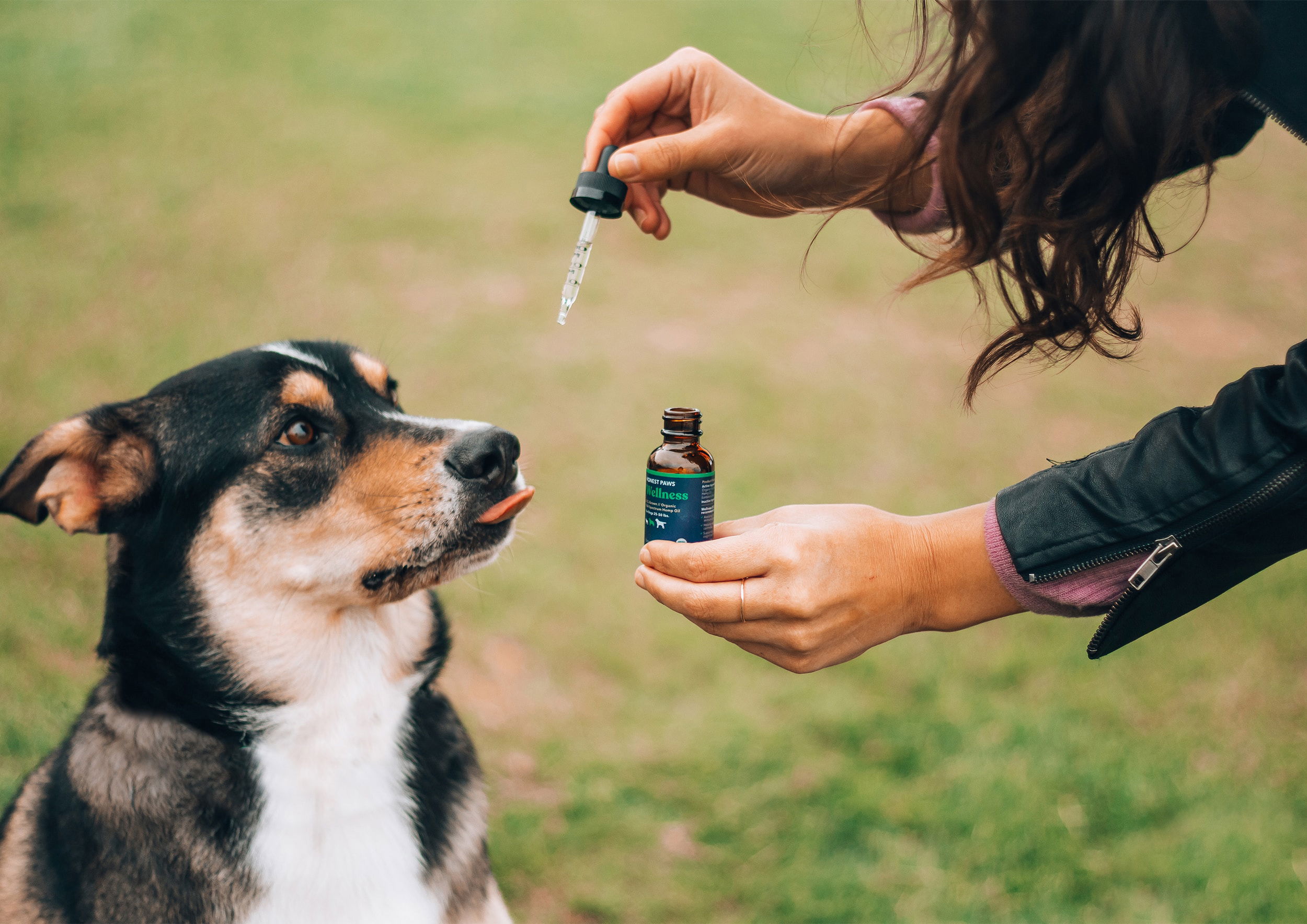Dietary Supplements for Dogs: What You Need to Know for Optimal Health
As responsible pet owners, we strive to provide the best care for our canine companions. Part of this care involves ensuring they receive a well-balanced diet that meets their nutritional needs. However, in some cases, dietary supplements may be recommended to support a dog's overall health. In this article, we will explore the world of dietary supplements for dogs, including when they may be necessary, common types of supplements, and what you need to know to keep your furry friend in optimal health.

When Are Dietary Supplements Necessary?
Dogs, like humans, may benefit from dietary supplements in specific situations. It's essential to consult with your veterinarian before introducing any supplements into your dog's diet. Here are some scenarios where supplements may be recommended:
1. Joint Health
Certain breeds are prone to joint issues, such as hip dysplasia and arthritis. Glucosamine and chondroitin sulfate supplements can help support joint health and reduce pain and inflammation.
Source: Joint Supplements for Dogs
2. Skin and Coat
Omega-3 fatty acids, such as fish oil, can improve the condition of a dog's skin and coat. They are particularly beneficial for dogs with dry or itchy skin.
Source: Fish Oil Supplements for Dogs
3. Digestive Health
Probiotics and digestive enzyme supplements can aid in digestion and may be recommended for dogs with gastrointestinal issues or those taking antibiotics.
Source: Probiotics for Dogs
4. Senior Dogs
As dogs age, their nutritional needs change. Supplements containing antioxidants and vitamins may be recommended to support cognitive function and overall well-being.
Source: Nutritional Requirements for Senior Dogs
5. Specific Health Conditions
In some cases, dogs with specific health conditions, such as heart disease or kidney problems, may require specialized supplements to manage their condition.
Source: Dietary Management of Canine Heart Disease
Common Types of Dietary Supplements
There is a wide range of dietary supplements available for dogs, each designed to address specific health concerns. Here are some common types:
1. Multivitamins
Multivitamin supplements are formulated to provide essential vitamins and minerals that may be lacking in a dog's diet. They can support overall health and well-being.
Source: Vitamins and Minerals for Dogs
2. Omega-3 Fatty Acids
Omega-3 fatty acid supplements, typically derived from fish oil, can improve skin and coat health, reduce inflammation, and support cardiovascular health.
Source: Omega-3 Fatty Acids in Canine Dermatology
3. Probiotics
Probiotic supplements contain beneficial bacteria that promote a healthy gut flora, aiding in digestion and immune system function.
Source: Probiotics for Dogs
4. Glucosamine and Chondroitin
These supplements are commonly used to support joint health, particularly in breeds prone to joint issues. They can help maintain cartilage and reduce joint pain.
Source: Glucosamine and Chondroitin for Dogs
5. Antioxidants
Antioxidant supplements, like vitamin C and vitamin E, can neutralize harmful free radicals in the body, reducing the risk of cellular damage.
Source: Antioxidants and Their Use in Canine Nutrition
What You Need to Know
When considering dietary supplements for your dog, there are essential factors to keep in mind:
1. Consult Your Veterinarian
Always consult your veterinarian before adding supplements to your dog's diet. They can assess your dog's specific needs and recommend the right supplements in the correct dosage.
2. Quality Matters
Choose high-quality supplements from reputable manufacturers to ensure safety and efficacy. Look for products with the National Animal Supplement Council (NASC) seal.
Source: NASC Quality Seal

3. Dosage and Administration
Follow the recommended dosage instructions provided on the supplement packaging or as advised by your veterinarian. Overdosing can have adverse effects.
4. Monitor for Changes
Keep an eye on your dog's overall health and behavior when introducing supplements. If you notice any adverse reactions, discontinue use and consult your veterinarian.
5. Supplements Are Not a Substitute
Remember that dietary supplements should complement a balanced diet, not replace it. A well-balanced diet remains the foundation of good canine health.
In conclusion, dietary supplements can play a valuable role in maintaining and improving your dog's health, but they should be used judiciously and under the guidance of a veterinarian. While supplements can address specific health concerns, they are not a substitute for a nutritious diet and regular veterinary care. By working closely with your veterinarian and making informed choices, you can ensure that your beloved canine companion enjoys a long and healthy life.